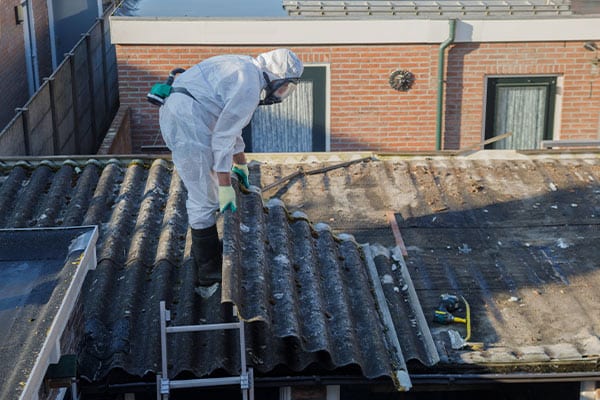5 Things Buyers Should Know About Purchasing Older Homes
With interest rates so low, there’s never been a better time to become a homeowner. Older homes are appealing to many buyers because of their charm and quality craftsmanship, but they also come with their fair share of challenges—one of which is the potential for asbestos.
If you’re considering purchasing an older home, here’s what you need to know about asbestos and the home buying process:
- If the home was built before 1980, you can bet that it has asbestos.
Because asbestos is durable and heat resistant, it was widely used in a variety of building materials until researchers discovered the serious and sometimes deadly health risks it caused. - Asbestos testing is not a component of the traditional home inspection.
An inspector may be able to guess that certain materials contain asbestos, but the only way to tell for sure is to have an AHERA certified building inspector take samples and send them to a lab. Because it involves removal of materials, you will definitely need the seller’s permission. - Some states require sellers to disclose any known asbestos in the home (but some don’t).
Washington state does require that sellers disclose if they know the home contains hazardous materials such as asbestos, but keep in mind that some states don’t include asbestos in that list of required disclosures. - Asbestos isn’t dangerous unless it is disturbed.
You probably won’t need to think about the asbestos in your home until you renovate, replace insulation, or have fire/water damage to address. - If you’re planning to renovate the home after purchase, budget for asbestos remediation.
Older homes may need a facelift, but they almost certainly have at least some asbestos-containing materials. Save yourself the surprise expense and include asbestos (and possibly lead) remediation in your budget.
Remember, asbestos is extremely common. Understanding the precautions that need to be taken when dealing with asbestos is half the battle. The other half, of course, is calling a certified asbestos abatement contractor when you need it removed!

















